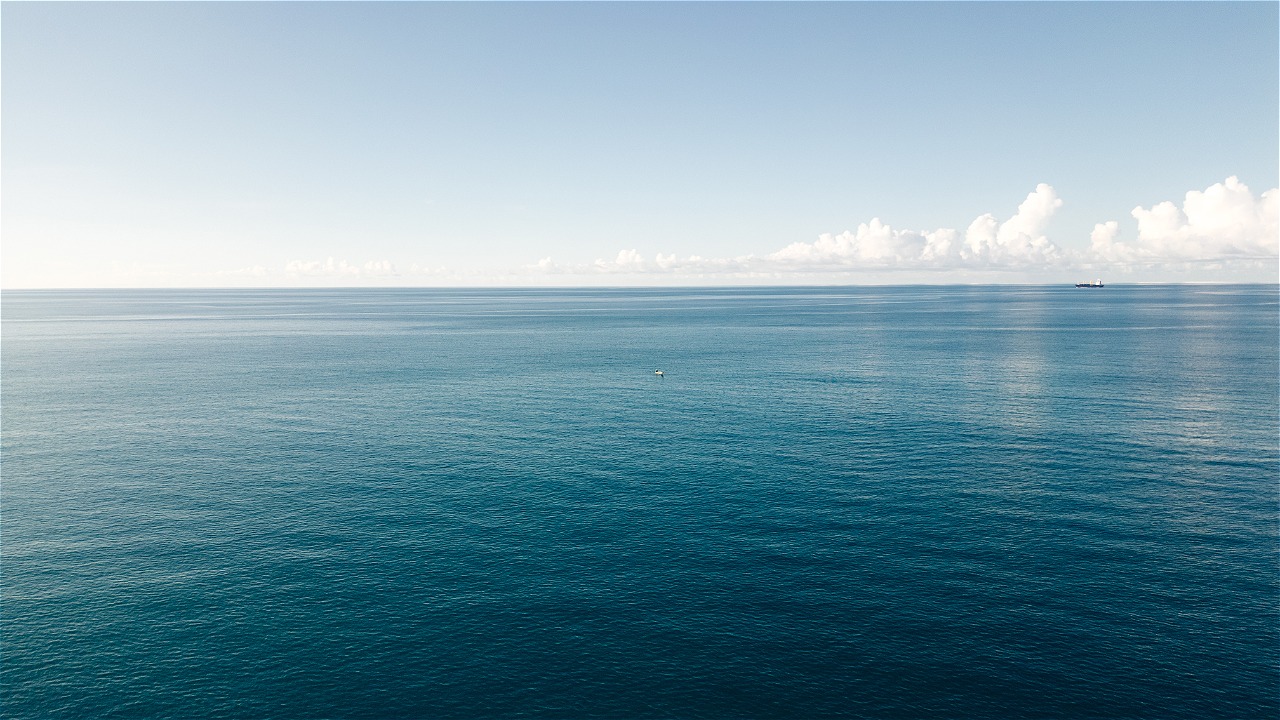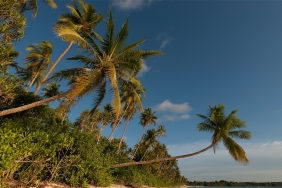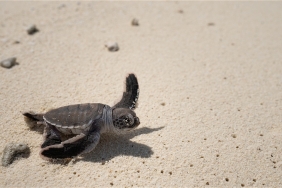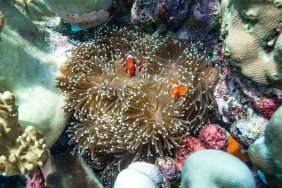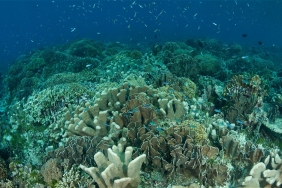BUILDING RESPONSIBLE MARINE TOURISM
By: Indarwati Aminuddin
The 2013 World Tourism Organization (WTO) monitoring results show that tourism areas in Asia are experiencing rapid growth from year to year, followed by an increase in the number of visitors who tend to choose holiday activities that do not damage the environment, such as wild animal observation, snorkeling or diving. At the same time, tourism drivers are putting conservation and community at the center of their image to increase the number of guests.
WWF-Indonesia initiated a planning meeting to lay the groundwork for a responsible marine tourism business, at WWF-Indonesia's Sunda Banda Seascape Office, in Denpasar, Bali, September 5, 2014, as an effort to encourage relevant parties to reflect on the extent to which responsible and sustainable principles and standards in tourism can be applied.
The meeting, which was attended by the Indonesian Cruise Ship Network, Trip Advisory, academics from the Bandung Institute of Technology, Dr. Arif Satria (IPB), and Gadjah Mada University, Hendrie Adji Kusworo and the Director of Destinations and Investment of the Indonesian Ministry of Tourism and Creative Economy Dr. Frans Teguh, the spa manager Kadek Dewi, was the first meeting which will be followed by subsequent thematic meetings.
In this meeting, the parties provided views and input on the principles of responsible and sustainable tourism. A number of interesting ideas emerged. Dr. Arif Satria, for example, pointed out the strong correlation between the principles of fairness and equality that are needed so that the tourism movement is not only a world for those who have enough capital, but also a world for the people who live in the tourism area.
"Conservation is then not just a slogan, but a movement that is embodied in the form of strong principles towards social and cultural aspects, ecology and natural resources and sustainable economics," said Muhammad Ridha Hakim, as Small Island, Partnership and Governance Leader Sunda Banda Seascape WWF-Indonesia. "Furthermore, it becomes the order of the responsible marine tourism movement," he added.
But leapfrogging the stage from discourse to joint movement is not easy. "We understand that all parties are obliged to apply responsible principles, but we also find real examples. Communities living in areas targeted for tourist visits, for example, are the ones who benefit the least from the tourism movement, with little income to improve their lives," said Suryani Mile, Coordinator of the Indonesian Cruise Network. In addition, tourist visits in certain unregulated areas put pressure on the local ecology.
Participants representing tourism businesses suggested financing arrangements that reflect transparency and efficiency. "For visitors, the cost incurred is the price of pleasure that must be paid. But added value will accrue to all of us if we are able to demonstrate that the fees collected from them flow to support conservation and improved services to visitors. The fact of the matter is that the collection of fees from visitors is not organized enough. Payments happen here and there, and this is troublesome," Suryani said.
The challenge ahead is how to push the principles of responsible socio-cultural, ecological and natural resource aspects as well as sustainable economy not just to become a 'trademark' document driving tourism, but a tool to strengthen the position of Indonesia's conservation areas. This will ultimately support the quality of life of humans and their environment, especially in an effort to support the establishment of 20 million hectares of marine protected areas in Indonesia.
The next meeting is planned for November 2014, and will focus on the theme of sustainable business, where all participants are expected to examine the principles that can be applied in the marine tourism business, and how these principles are implemented to strengthen business and strengthen the conservation movement in Indonesia.

